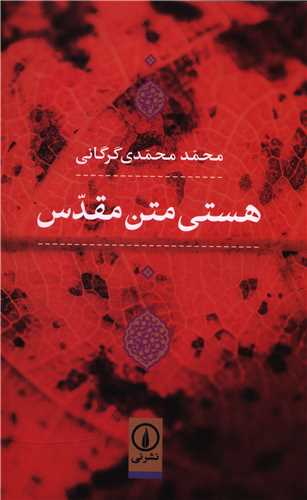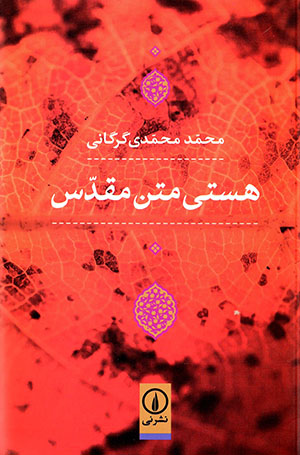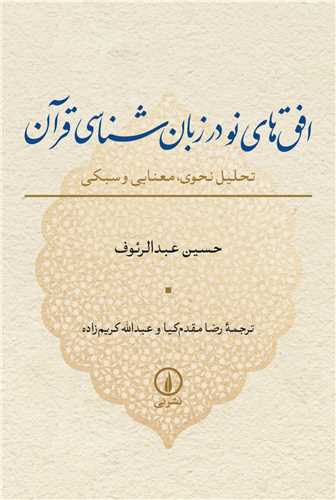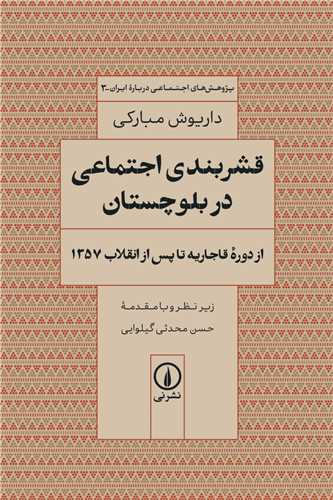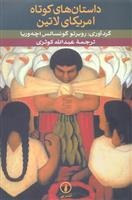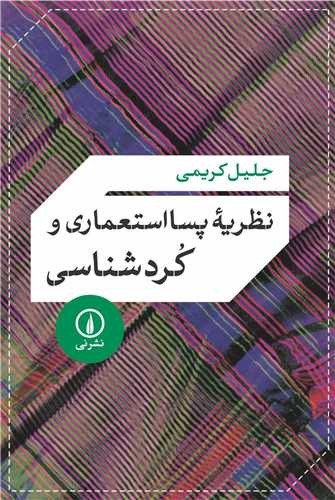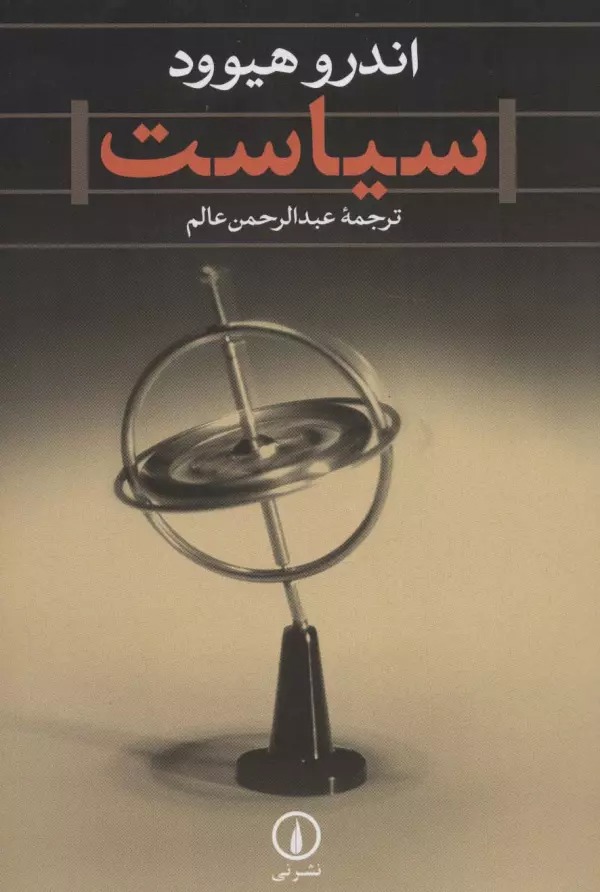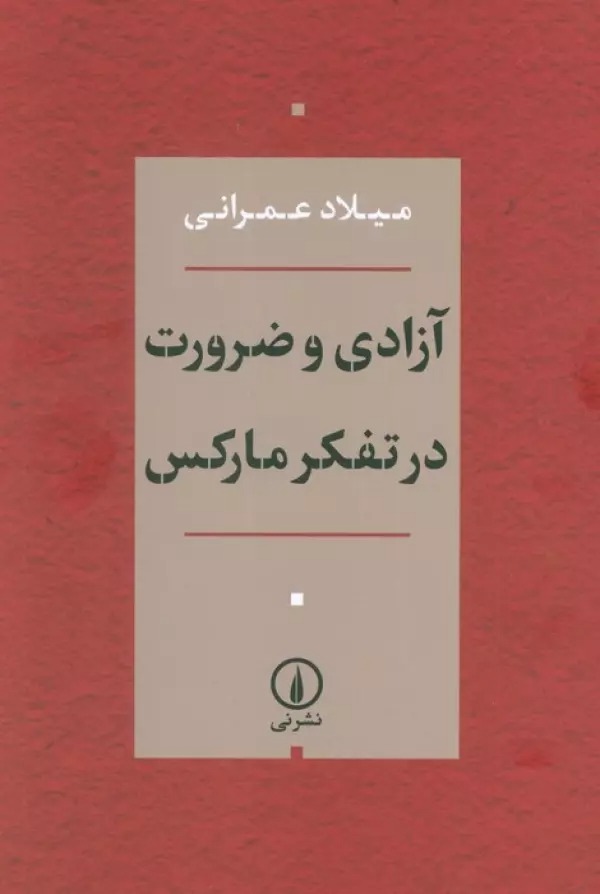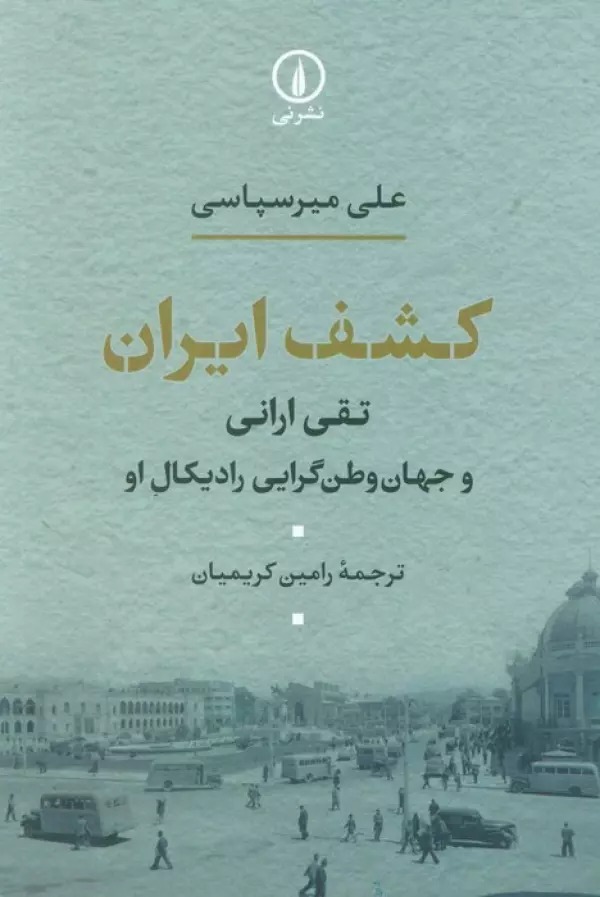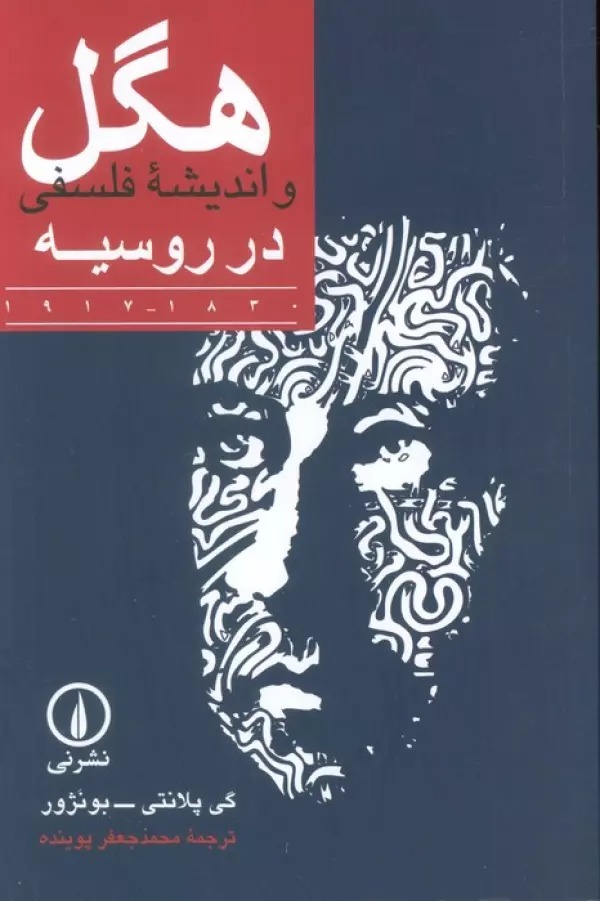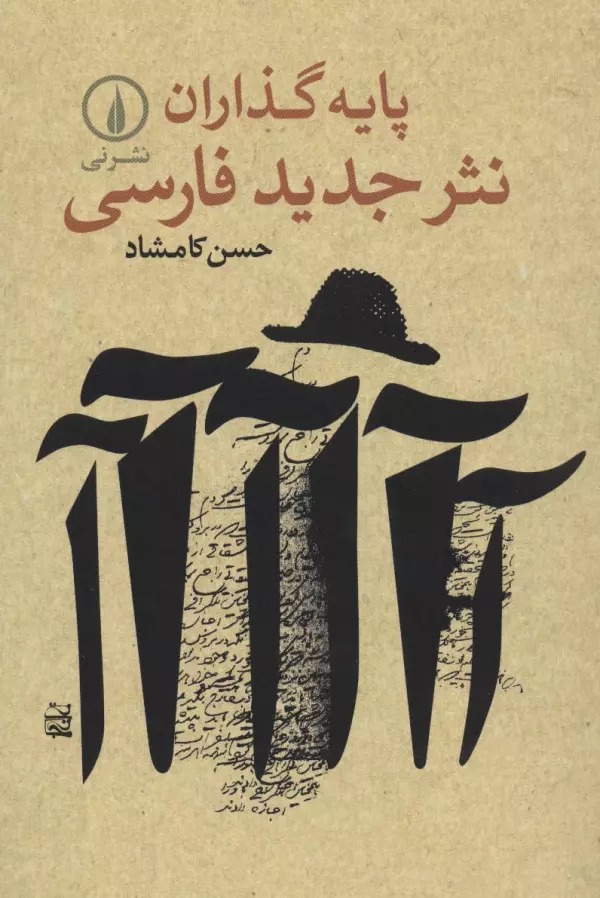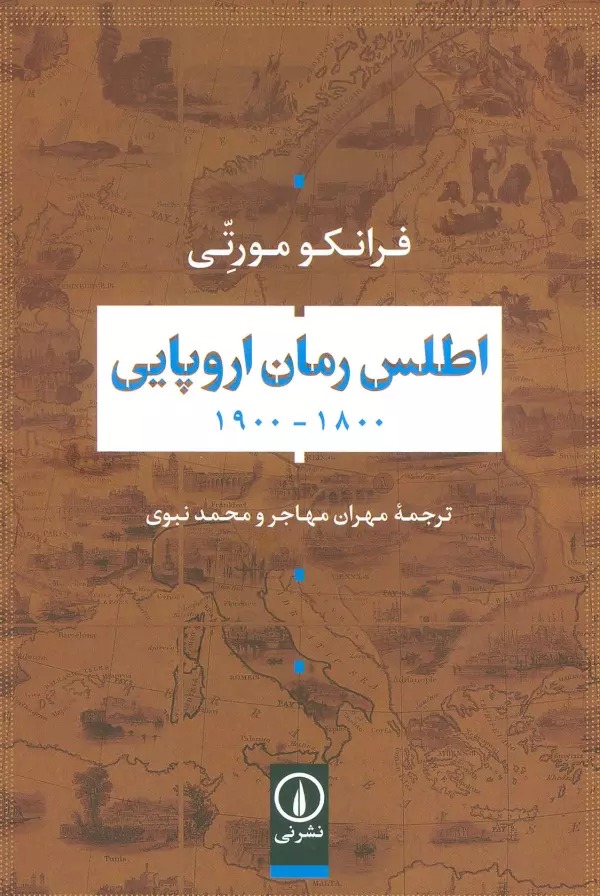Hastī-yi Matn-i Muqaddas: Persian 1402
هستی متن مقدس
12.26 £
Share
Wishlist
Original Title:
هستی متن مقدس
ISBN:
9789651267321
Publisher:
Nashr-i niy
Age Group:
Adult
Pages:
206
Weight:
256 g
Dimensions:
14 x 21 x 1.9 cm
Book Cover:
Paperback
This book is compiled on the basis of two theoretical principles: First, that existence is a sacred text and the basis of religious knowledge, which has been a neglected part of Muslim thinkers throughout history, existence as a whole or "existence" continuously and passionately in creation. Choice is harmony and decision, every particle has a "soul", in every particle there is an "I" and in the whole existence there is also an "I", which without any delay decides, chooses and has "life" in every "it". The result of this view is that man sees himself in the presence of a world with a wonderful, harmonious, ecstatic and creative reality that is alive, reassuring and observing. The second principle is that religion has two parts: a) fixed and unchangeable, b) variable and changeable. The first field is the field of principles or values, and the second field is the field of "matters" or "methods". Issues such as meaning and purpose in existence, the purpose of life, human characteristics, justice, the inherent dignity of man, preserving the environment, etc., are the domain of principles, most of which are agreed upon by the collective wisdom of today's mankind, and in most cases, they are close to the basic laws of the world. has come The second area is related to the ways to achieve goals and values, in this area, the basis of knowledge and collective wisdom of the day of mankind, according to the late Motahari, who expresses Iqbal Lahori's point of view in one sentence: "Religion determines the goals, and science determines the way to achieve those goals". Methods are subject to time and place, so they are not eternal and they change according to time, they are necessarily a field of uncertainty.
more
این کتاب بر مبنای دو اصل نظری تدوین شده است: نخست اینکه هستی یک متن مقدس و مبنای معرفت دینی است، که در طول تاریخ مورد غفلت بخشی از متفکرین مسلمان بوده است، هستی بهعنوان یک کل یا «وجود» مستمراً و مشتاقانه در آفرینش، انتخاب، هماهنگی و تصمیم است، هر ذره «روح» دارد، در هر ذره یک من و در کل هستی نیز یک «من» وجود دارد، که بی هیچ درنگ در هر «آن» تصمیم میگیرد، انتخاب میکند و «حیات» دارد، نتیجهی این نگاه آن است که انسان خود را در محضر جهانی با واقعیت شگفت، هماهنگ، شیدا و آفرینشگر میبیند که زنده و اطمینانبخش و ناظر است. اصل دوم این است که دین دو بخش دارد: الف) ثابت و تغییرناپذیر، ب) متغیر و تغییرپذیر. حوزهی اول حوزهی اصول یا ارزشهاست و حوزهی دوم حوزهی «امور» یا «روشها»ست. مسائلی چون معنی و هدفداری در هستی، هدف زندگی، ویژگیهای انسان، عدالت، کرامت ذاتی انسان، حفظ محیطزیست و ... حوزهی اصول است، که تقریباً اکثر آن مورد توافق خرد جمعی روز بشر است، و در اکثر قریب بهاتفاق قوانین اساسی دنیا آمده است. حوزهی دوم مربوط به راههای رسیدن به هدفها و ارزشهاست، در این حوزه، مبنا دانایی و خرد جمعی روز بشر است، به تعبیر مرحوم مطهری که دیدگاه اقبال لاهوری را در یک جمله بیان میکند: «دین هدفها را تعیین میکند و علم راه رسیدن به آن هدفها را». روشها تابع زمان و مکاناند لذا ابدی و جاودانی نیستند و متناسب با زمان تغییر پیدا میکنند، لاجرم میدان عدم قطعیتاند.
more

